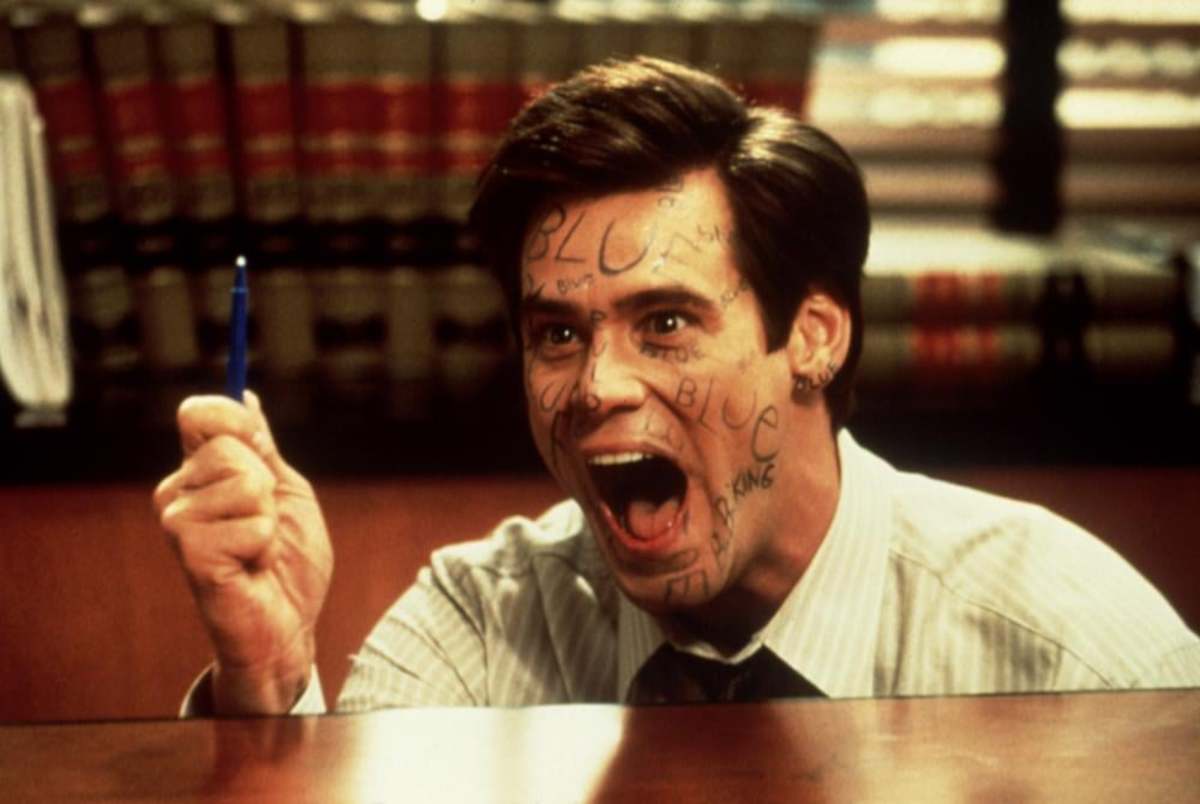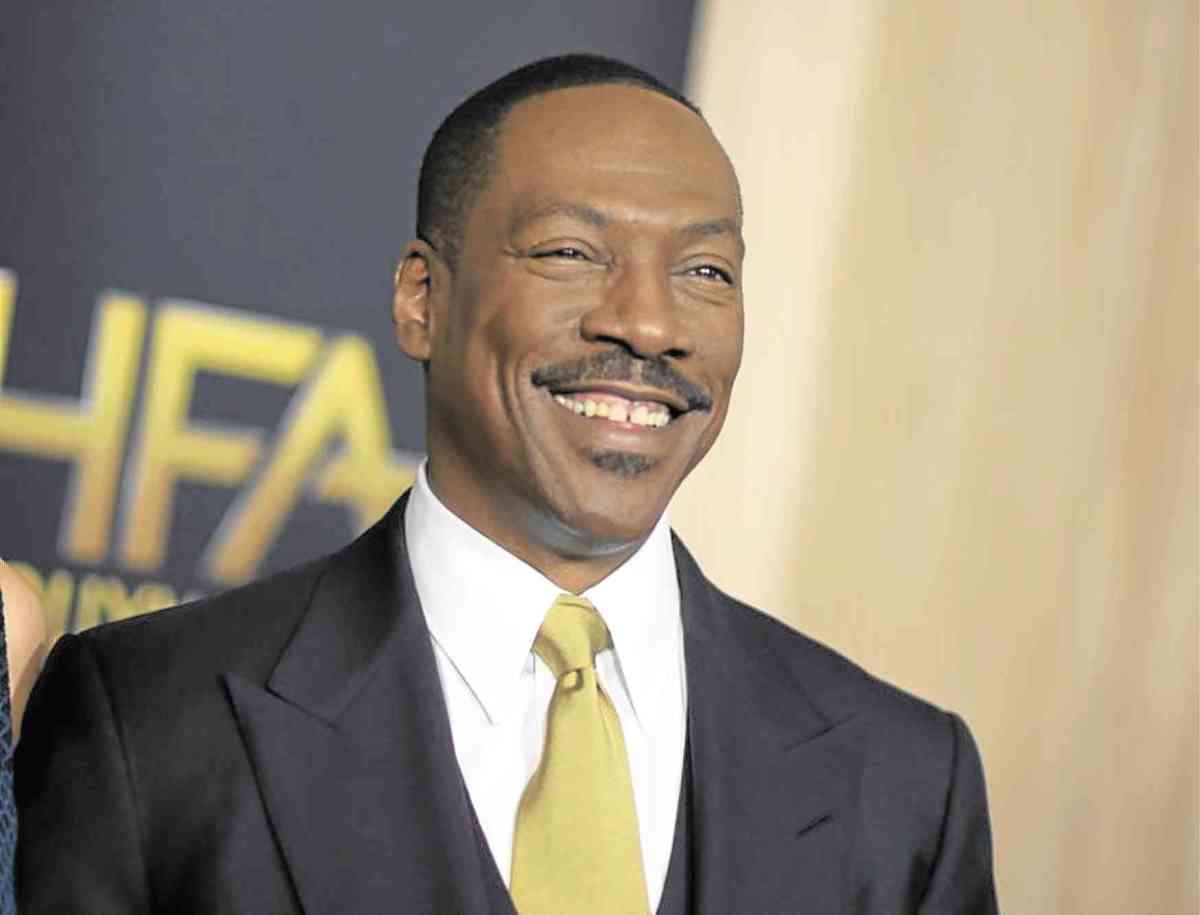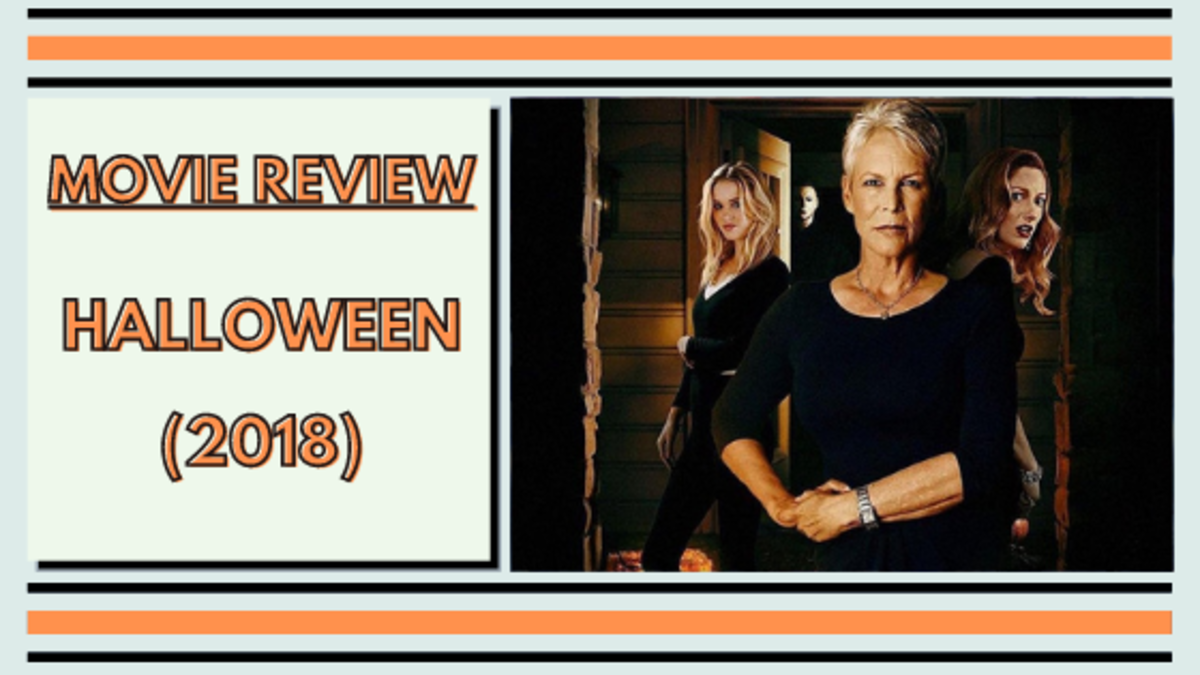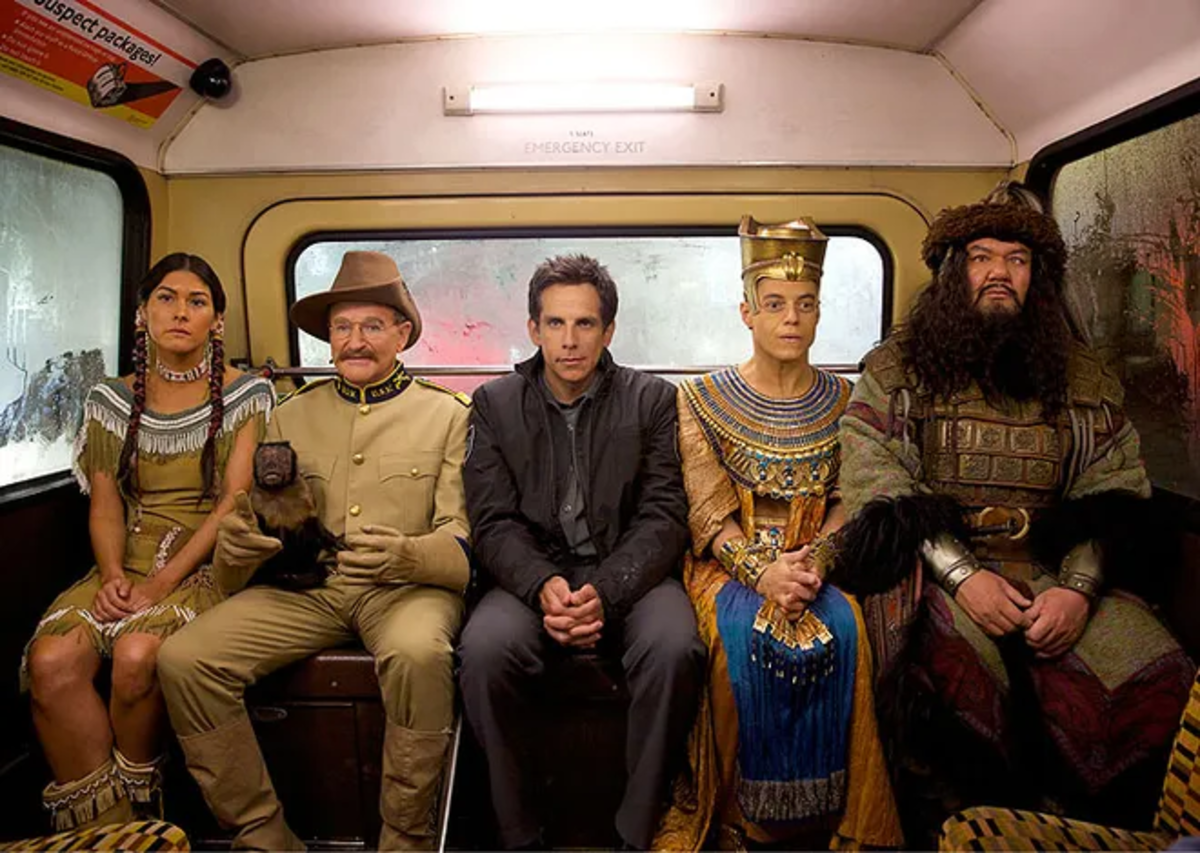Tag (2018): A Movie Review

I'm going to "read" you the Googled story summary, so that you won't think I'm making this up.
Here we go:
"One month every year, five highly competitive friends hit the ground running for a no-holds barred game of tag -- risking their necks, their jobs and their relationships to take one another down. This time, the game coincides with the wedding of the only undefeated player. What should be an easy target soon becomes an all-out war as he knows their coming to get him."
The first thing to say is that I had seen this movie in theaters, back in 2018, when it was released.
The second thing to say is that I enjoyed this film a whole lot more than I expected to. I am surprised to find myself giving it an 8 out of 10.
I watched this film, one day, when I had planned to watch Siccario: Day of the Soldado. But you see, its starting time was too late; it would have kept me out way past my bedtime. So, in a spirit of enthusiasm otherwise known as what-the-heck, I bought a ticket for the immediately available Tag.
I went into the designated theater with a sense of contemptuous superiority that allegedly functional adults would dare release a film, to the public, in movie theaters, with such a fantastically absurd premise.
However, like a young George Washington after the cherry tree incident, I cannot tell a lie: I found myself smiling and laughing throughout.
Why?
How?
(Hold on for a rather roundabout explanation. Don't say I didn't warn you.)
In the world of professional boxing (you see?) they say that the punch that really hurts you is the one you never even see coming --- because you can't brace for it.
That's the way that things calling themselves "comedy" should be. In other words, the jokes (like punches in boxing) should not be, as they say, "telegraphed." That is to say, you should not "see them coming from a mile away."
Now, I knew that this movie is a comedy. And I knew that it was about these five grown men still playing tag.
What I did not know was how far the premise would be taken by the movie. I also did not know how deadly serious the protagonists would take the premise --- that is, without a hint of "mugging for the camera," as if to say: Isn't this wacky?
In other words: Imagine a person you know, or have met in passing, with the annoying habit of telling a joke and then immediately laughing at his own joke, before you, the "audience," even have a chance to react to what he has said.
It's like this...
If this movie had stopped the plot for the protagonists to dress up in stupid costumes; and they had rented a park for the day, or something like that --- I would have been annoyed.
Why?
Because the suspension of disbelief, for me, would have been broken. A movie with a fantastically absurd plot would have been admitting that the plot was fantastically absurd. That would not have been funny.
A short detour
A case in point, from the undesirable side, I suspect, is the film Dodgeball (2004). Let me be clear: I have not seen this film, however there are certain things about it, that I believe I can surmise based on the movie's poster, which I imagine to have been indicative of the general marketing for the film.
Blah, blah, blah...
In any event, the film, "Dodgeball: A True Underdog Story," stars Vince Vaughn (whose work I liked in the television series, True Detective) and Ben Stiller.
Now, I can tell that this movie is a comedy. That is because Vince Vaughn is one the poster with a stupid expression on his face, although he is being subtle about it. Ben Stiller is on the poster, with him, wearing a stupid hairpiece with a more blatant stupid expression on his face.
Now, there is, apparently, a woman in this movie, who is wearing an even more outlandish hairpiece and hairdo than Ben Stiller, with an even more outrageously stupid expression on her face. I believe the actress plays a character called Fran.
Now then, if I see all of these people, in the movie's advertising, wearing stupid expressions on their faces, then I expect folks to be "actin' a fool," as they say, for between 90 minutes to two hours.
If I am expecting folks to "act a fool," then there is little that they can do which surprises me, no matter how goofy. Cognitive dissonance is not created.
You see, to my way of thinking, something is "funny," when a seemingly serious expectation is presented, and then undermined in an incongruent, unexpected, and clever way. This creates a cognitive dissonance, in the mind of the hearer of the joke, which he must relieve by laughing.
Let us continue with "Dodgeball" for a bit
By the way, in the advertising photos, on the computer, everybody is not only wearing stupid expressions on their faces, some with stupid hairpieces arranged in stupid hairdos, ---- but everybody is wearing stupid dodgeball-playing uniforms.
One movie made me feel the joy of connecting with my inner child. The other film probably would not make me feel this joy.
Can you guess which is which?
Of course you can, because I have already told you that I have not seen Dodgeball: A True Underdog Story.
I may not have seen Dodgeball but I've heard a lot of stupid things about it.
But let's not stop here. Let's read the Google-supplied plot summary:
"Average Joe's gym and its owner, Peter La Fleur (Vince Vaughn), are both down on their luck. A fancy competing gym called Globo-Gym, run by the maniacal health nut White Goodman (Ben Stiller), is about to put Average Joe's out of business unless Peter can raise $50,000 to keep his mortgage. To save the gym, Peter and a ragtag group of Average Joe's members and employees enter a dodgeball contest with a big cash prize. In response, White forms his own Globo-Gym team to rout the competition."
Not only does the premise sound stupid. But for some reason, I am being vaguely reminded of The Karate Kid.
If I had been watching the movie Tag, and, at some point, I found myself watching the protagonists and their friends and family dress up in stupid uniforms, and rent Yellowstone National Park for a monster all-day game of tag (for charity or something) --- I WOULD HAVE WALKED OUT, I'M SURE.
What I'm trying to say is this:
Tag worked for me because it features a fantastically absurd premise played straight by the principals. The game of tag was integrated into the fabric of the daily lives of the characters; the movie fulfilled the minimum necessary condition, for me, for a movie to be considered what I call an authentic comedy.
What do I consider a proper comedy?
Well, we start with this:
- What is a joke?
- I define a joke like this: It is a story that sets up an expectation, X, but the payoff, C, undermines the former in some kind of clever, smart, or unexpected way. This incongruence creates a cognitive dissonance in the mind of the hearer of the joke, which he relieves by laughing, or some other amused response.
Therefore, a comedy movie must have what I call a central joke, which all of the other jokes or gags or pratfalls serve.
What is the expectation that is being undermined in the movie Tag?
For me, it is the idea that these mostly professional type gentlemen, apparently sane and functional, upstanding citizens, in their forties, have remained committed to the children's game of tag and that --- wait for it --- it is not a mere sport or weird hobby for them, like bowling or golf.
The joke is that it is not a joke for them. The joke is that they are serious about finally tagging the game's only "undefeated" player, the one who has never been tagged, played by Jeremy Renner.
The joke is just how far the guys would go to tag Renner; and how far he would go to avoid being tagged.
At the end of the day, I suppose it is because the film played absurd with a straight face, my suspension of disbelief was, somehow, never broken.
The closest comparison I can come up with is to say that Tag (2018) very vaguely reminds me of Clue (1985).
The interesting this is:
Tag is a movie ostensibly built around a children's game for, say, ages 6-12, something like that. Clue is a movie built around a mystery board game, say, for ages 13 and up, or something like that, I would imagine.
But Clue is a much "wackier" film than Tag. This may because, with the former, the board game device is used as a device to parody the mystery-suspense genre in film.
But Tag appears to be a parody of nothing, not even the children's game of Tag itself. This means that there are no genre tropes for the film to seize upon to "send up," as some people say. What this, in turn, means is that the movie is entirely on its own.
If the film is entirely "on its own," as it were, then it has no choice but to take itself seriously.
And while no one likes to see a film "take itself too seriously," the ironically serious tone of "Tag," overlaid upon the fantastic absurdity of the premise makes the funny happen.
Thank you for reading!








